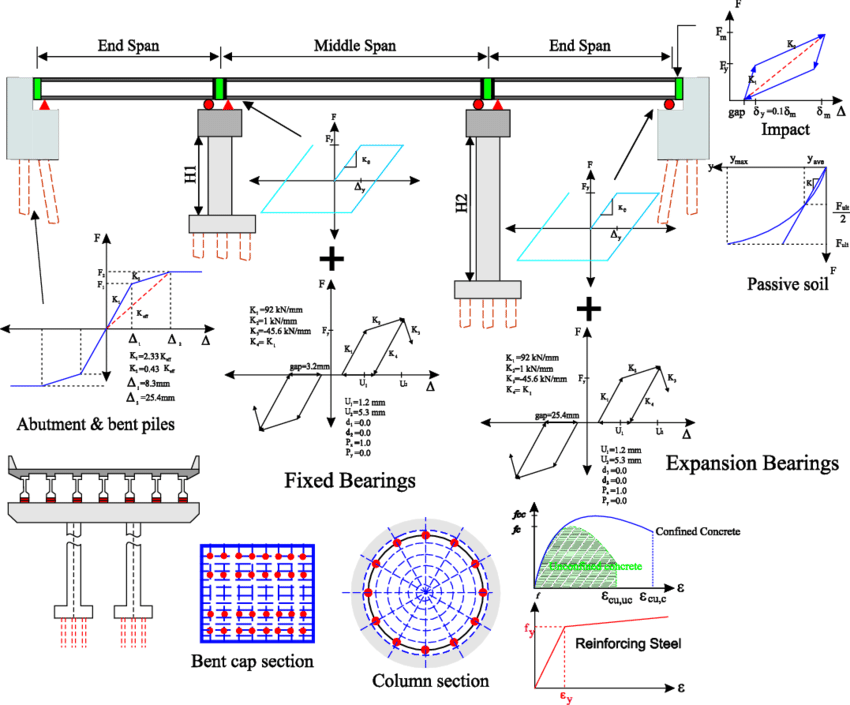Welcome! This blog post will explore the fundamental building blocks that underpin various aspects of life, from the physical world to abstract concepts. We’ll delve into how understanding these foundational elements can provide a deeper appreciation for complexity and interconnectedness.
Understanding Foundational Principles
Before we dive in, let’s define what we mean by “foundation blocks.” These are the essential, irreducible components that form the basis of something larger or more complex. These concepts are applicable across multiple domains, such as physics, mathematics, engineering, and even social structures. Think about building a house: you need a solid foundation before constructing the walls and roof. The same principle applies to numerous areas of life. 
The Building Blocks of Matter
In physics, the foundation blocks are the elementary particles, the fundamental constituents of matter. Understanding the behavior of these particles—such as quarks, leptons, and bosons—is crucial for understanding how the universe works. Learn more about particle physics by visiting this link to a great resource.
Mathematical Foundations
Mathematics relies on axioms and postulates as its foundation blocks. These fundamental truths form the basis for logical reasoning and mathematical proofs. Concepts like numbers, sets, and operations are also fundamental components. Understanding these core elements allows for more advanced exploration of mathematical concepts. [IMAGE_2_HERE]
The Foundations of Language
Language is another area with significant foundational elements. Phonemes (basic units of sound), morphemes (smallest units of meaning), and syntax (sentence structure) combine to create complex communication. Consider how learning basic grammar can help you improve your writing. Check out our post on grammar for more tips!
Engineering Fundamentals
In engineering, the foundation blocks vary depending on the discipline. For example, in structural engineering, understanding concepts like stress, strain, and material properties is essential for constructing stable and robust structures. This website has great resources on structural engineering concepts. [IMAGE_3_HERE]
The Foundation of Society
Even social structures have foundation blocks. Rules, laws, and social norms act as fundamental elements that govern interactions within a society. Consider the role of trust and cooperation in building a cohesive community. These foundations are vital for the sustainability and prosperity of any society.
Logical Building Blocks
Logic provides another set of fundamental blocks. Concepts like deduction, induction, and abduction are crucial in rational thought and problem-solving. Developing strong logical reasoning skills can significantly improve your analytical and critical thinking abilities. Learn more about improving your logic skills here.
Digital Foundations
In the digital world, the foundation blocks include binary code, algorithms, and data structures. These elements are vital for creating and maintaining the software and systems that power our modern world. Understanding these fundamentals can help you comprehend how technology works. [IMAGE_4_HERE] Want to know more about computer science? Check out this educational site.
Conclusion
Understanding the foundation blocks in various disciplines provides a deeper appreciation for the complexity and elegance of the world around us. By building upon these fundamentals, we can progress and innovate in various fields. This approach promotes a more holistic and interconnected understanding of the universe and our place within it. Discover more about interconnectedness here.
Frequently Asked Questions
What are the most important foundation blocks in mathematics? Numbers, sets, and operations are among the most important, forming the base for more advanced mathematical concepts.
How can understanding foundation blocks help in problem-solving? By breaking down complex problems into their fundamental components, we can simplify the problem and create more effective solutions.
Are foundation blocks static or do they change over time? While some core concepts remain constant, our understanding and interpretation of foundation blocks can evolve as knowledge progresses.
Why is it important to study foundation blocks? It cultivates a deeper understanding of how systems work and allows for more efficient learning and problem-solving.
What are some examples of foundation blocks in everyday life? Basic literacy and numeracy, ethical principles, and fundamental social skills are examples of everyday foundation blocks.

